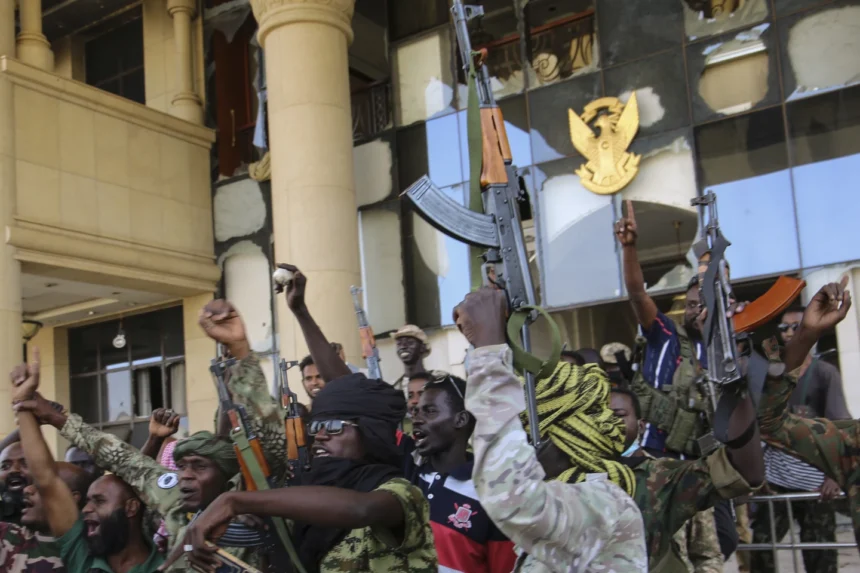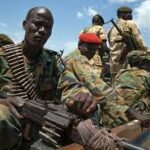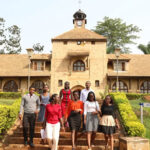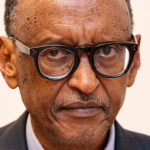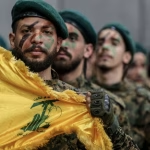In a significant development in Sudan’s prolonged conflict, the Sudanese Armed Forces (SAF) announced that they have seized control of crucial government installations in Khartoum, including the Republican Palace. This announcement comes amid a backdrop of escalating tensions and violence in the capital, where multiple factions have vied for power since the outbreak of clashes in April 2023.
The Republican Palace, a pivotal seat of power, is symbolic of the civilian government’s authority. The SAF’s claims to have retaken this landmark underscore the military’s ongoing attempts to consolidate control amidst a fragmented political landscape. The situation in Sudan has been precariously unstable since the ousting of longtime leader Omar al-Bashir in April 2019, leading to a fragile transition towards civilian rule. However, this transition has faced numerous setbacks, culminating in the latest round of conflict.
According to SAF spokespersons, following intense fighting with the rival paramilitary group, the Rapid Support Forces (RSF), the military successfully executed plans to regain control over several strategic locations within Khartoum. These include not only the Republican Palace but also key military and governmental buildings, which the army argues are necessary for maintaining national security and restoring order.
Eyewitnesses reported heavy shelling and chaotic street battles as both factions continued to exchange gunfire, causing widespread fear among civilians. Markets remained closed, and residents have been urged to stay indoors as violence escalated. The conflict has already claimed thousands of lives and displaced countless families, exacerbating an already dire humanitarian situation in Sudan.
The RSF, which evolved from the Janjaweed militias notorious for their role in the Darfur conflict, has responded assertively to these claims. Leaders of the RSF assert that they also control significant portions of the capital and accuse the SAF of launching reckless attacks that risk civilian lives. The fracturing of alliances and trust between these factions highlights the complexities of the military-political landscape in Sudan.
International reactions have poured in, with calls for an immediate ceasefire and renewed negotiations to resolve the conflict. The African Union and the United Nations have both emphasized the urgent need for dialogue and peace talks to prevent further loss of life and to address the mounting humanitarian crisis. Civilians have been particularly vulnerable, facing shortages of food, water, and medical supplies as violence disrupts everyday life.
Human rights organizations have expressed grave concern over the worsening situation, calling on both factions to respect the rights of civilians and adhere to international humanitarian law. Reports of indiscriminate bombardments and forced displacements have prompted these organizations to advocate for accountability for potential war crimes.
As the SAF continues to assert its control over the Republican Palace and other essential sites, the prospect of negotiation remains uncertain. The divisions between military and civilian governance are stark, and the path forward is fraught with challenges. Many Sudanese yearn for a return to civilian rule and stability, hoping for a resolution that prioritizes peace and humanitarian needs over military might.
In conclusion, while the SAF’s claims may signal a temporary tactical victory, the broader implications for Sudan’s future remain unclear. The struggle between military factions, historical grievances, and the urgent need for effective governance all underscore the complexity of the crisis. For now, Sudan stands at a critical juncture, where the voices of its people must be amplified in the quest for lasting peace and democratic governance.
Email Us on editorial@nnafrica.com


